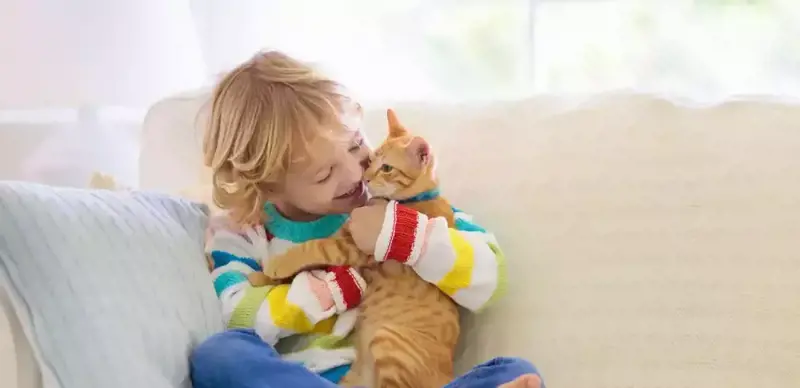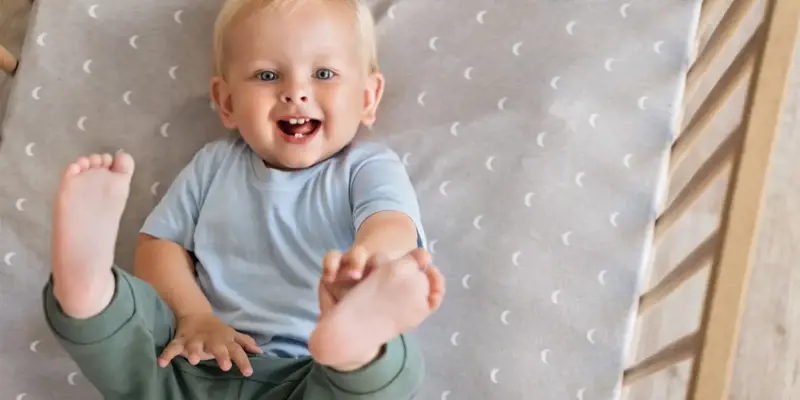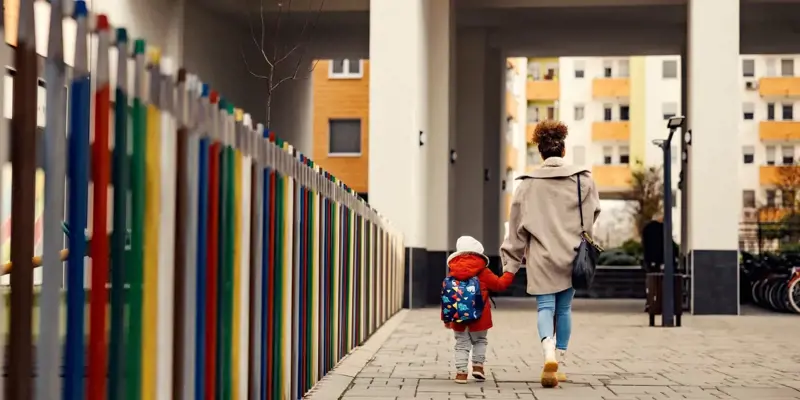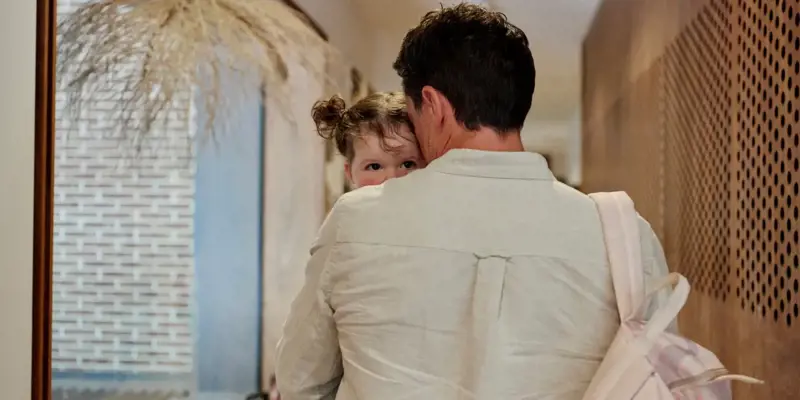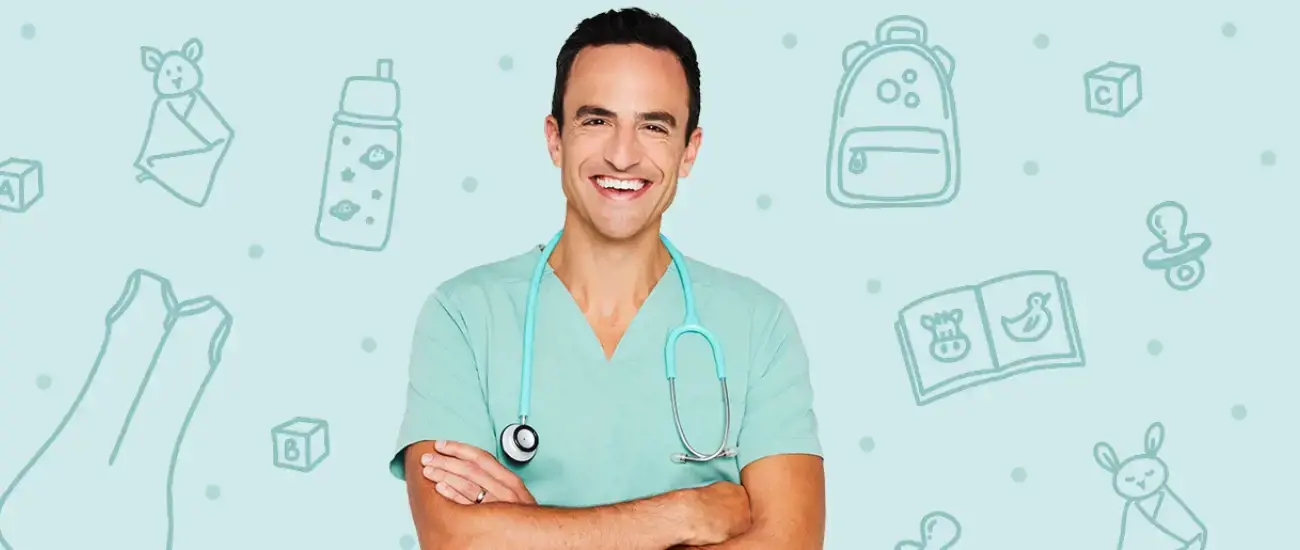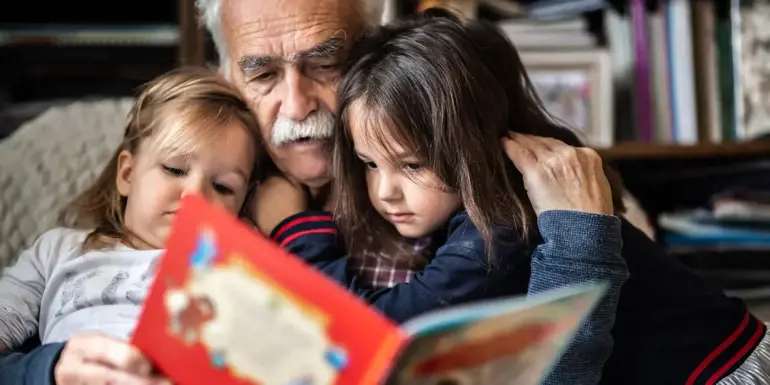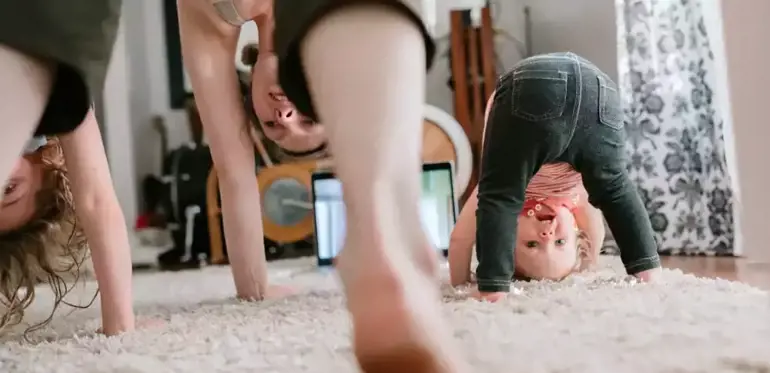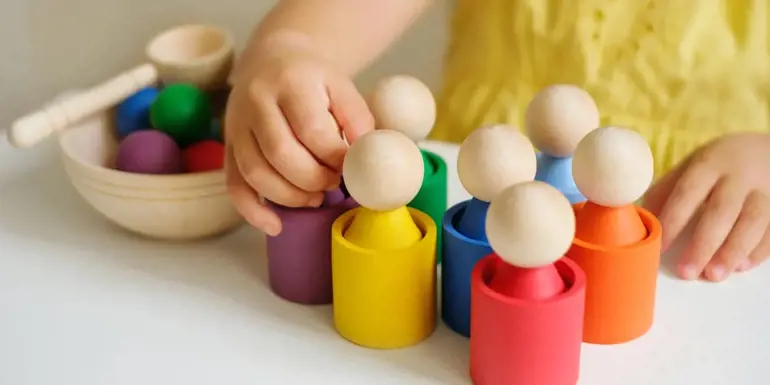All this and much more in Dr Golly’s Sleep Programs and Toddler Tool Kit
Preparing your child to start kindergarten and/or daycare is an important step in their early development. They’re standing at the precipice of their formal education; it’s exciting and new, but it can be quite daunting for them. Every child is different; they’re not all going to find the same milestones challenging, but in general it can help to return to the following thought when they’re (or you’re) finding things tough:
Attending kindergarten and/or day care is a positive step for your child, it’s providing them with socialisation and educational opportunities that help prepare them for their future.
How to choose the right kinder/childcare centre
- Do what you feel is right for your family and listen to your parental instinct.
- While doing a tour, ask questions and try to get a feel for each learning space.
- Think in terms of convenience, values and learning priorities.
- Take into consideration which primary school your child will likely be attending and ask which kindergartens and childcare centres are associated with these. This can help with the transition to primary school down the line.
Separation anxiety and saying goodbye
A lot of children start day care around the time when separation anxiety is starting to peak, this can mean drop-off becomes a highly emotional experience for both parent and child.
Our biggest piece of advice is not to sneak away when saying your goodbyes.
Sneaking away will just create further anxiety for your child and confuse the concept.
How to manage a goodbye
- Pass your child to the educator
- Say your goodbyes and tell them you’ll be back later to pick them up
- Yes, a lot of children will have a meltdown and be upset at this time
- Most are totally fine within 5 minutes and there are certainly lots of distractions to keep them busy
- Never lie and be reliable; e.g. if another family member or carer will collect them at the end of the day, give your child full warning so they can mentally prepare for this
Try to avoid overtiredness
- On kinder days you may need to bring bedtime forward a little earlier.
- Your child has probably had a highly stimulating day, interacting with friends and exploring new play spaces.
- This can easily make them overtired and overstimulated.
- They may not have napped well, so bringing bedtime earlier is the best thing you can do to help them and set them up for a good night’s sleep.
Preparation is Key
- To prepare your child for daycare or kinder, think about the independence skills they’ll need and start practising these at home.
- Pack snacks or lunch in a lunchbox, ensuring they can open it and unwrap any foods you supply (of course their educators will step in and help, but it's a good idea to try for independence if you can)
- Similarly, ensure they can get their pants/shorts down and up for the toilet.
Utilise casual exposure
- If your child is hesitant about starting, try to have some casual exposure at the kinder in the weeks leading up to their first day
- drive past, walk past, have a play out the front or even ask the staff if you can bring your child in for a quick walk around prior to the first day when the centre is less overwhelming and crowded.
Social skills training
There’s a lot of variation in children in terms of their willingness and ability to engage socially with others. Some will make friends easily, others will prefer their own company.
While the environment and temperament play a part in your toddler’s social development, we know that social skills can be effectively taught to help shy children feel more confident in various situations, and to help children who are socially controlling or aggressive to exercise self-control.
There are 4 keys areas of social skill development
- Verbal communication
- Nonverbal communication
- Being in a group
- Managing emotions
Teach your child social skills through
- Modelling,
- Acting out in play,
- Feedback and
- Observing other children (if you feel there are gaps in their development)
For a more detailed guide to preparing your child for daycare or kindergarten see Dr Golly’s Sleep Program and Toddler Toolkit.
LINKS














